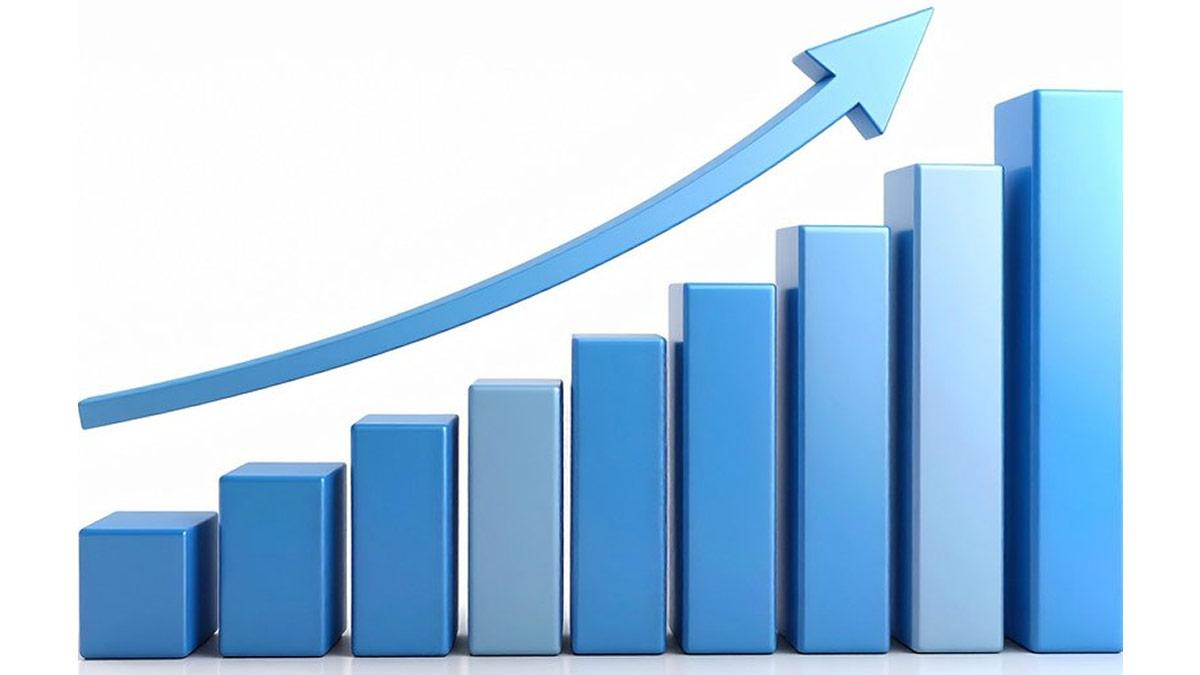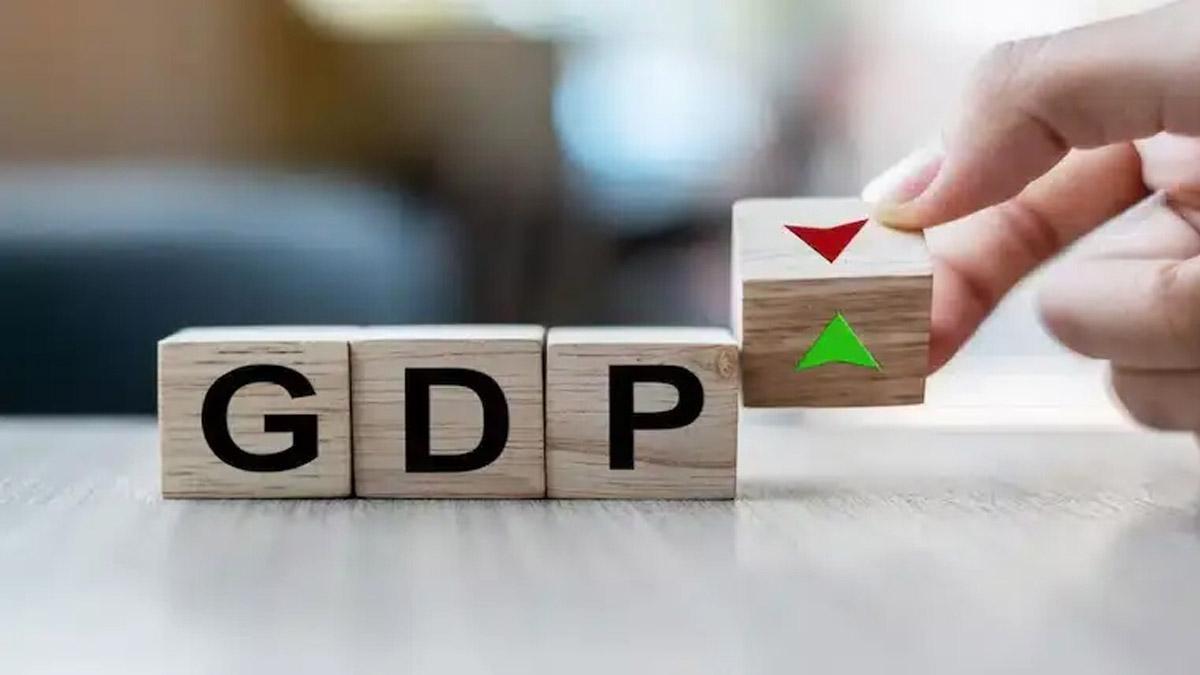In anticipation of upcoming elections, global broking firm Jefferies has indicated that an immediate tax increase is unlikely, considering the political landscape. However, the firm suggests the possibility of post-election measures, including a potential rise in capital gains tax. Additionally, the government may intensify disinvestment efforts, capitalizing on the robust performance of PSU stocks in sectors such as railways and defense.
The report highlights potential developments such as an increase in the FPI limit for banks and insurance companies to 100 percent, up from the current 74 percent. For PSU banks, there might be a raise in the FPI cap to 20 percent to facilitate the privatization of IDBI. While tobacco taxation changes are not expected in the interim budget, the report emphasizes the significance of the July budget for such alterations.
The report outlines specific targets for divestment through stake sales, including defense and rail PSUs, with Concor, BEML, IDBI, and SCI identified as potential privatization candidates.
Among the measures to watch out for are boosts to rural infrastructure and welfare schemes, such as housing-for-all, village roads, and income transfers. The report suggests that the sentiment for cement and rural recovery could be positively impacted. A renewed Interest subvention scheme for affordable/mid-income housing is also considered likely.
Examining recent state elections, the report underscores the pivotal role of income transfer and welfare schemes in political campaigns, including those by the BJP. Ahead of the 2024 polls, the government may introduce new schemes or expand existing popular ones, such as Farmer income transfer, Housing for all, and health insurance. The report predicts a 7-8 percent increase in the government's social spending (excluding subsidies) in FY25E, compared to a 4 percent rise in FY24E.
The report draws parallels with the FY20 budget, highlighting minor adjustments from the Interim Budget presented in Feb19. It anticipates a continuation of this trend for the FY24 budget. The government, committed to deficit reduction post-Covid, has successfully reduced the fiscal deficit from 9.1 percent of GDP in FY21 to 5.9 percent by FY24E. The report projects a further reduction to 4.5 percent of GDP by FY26E, with the FY25E fiscal deficit target at 5.2 percent of GDP. Tax revenue growth is estimated at 12.5 percent, driven by 11 percent nominal GDP and 15 percent corporate earnings growth, necessitating limited total expenditure growth to 7-8 percent, compared to 9 percent in FY24E.
(With Agency Inputs)
ALSO READ | All You Need to Know About an Interim Budget


















